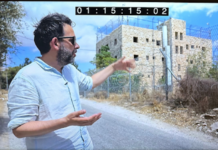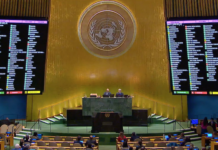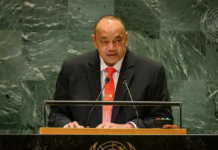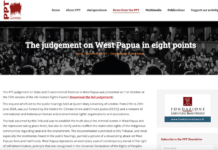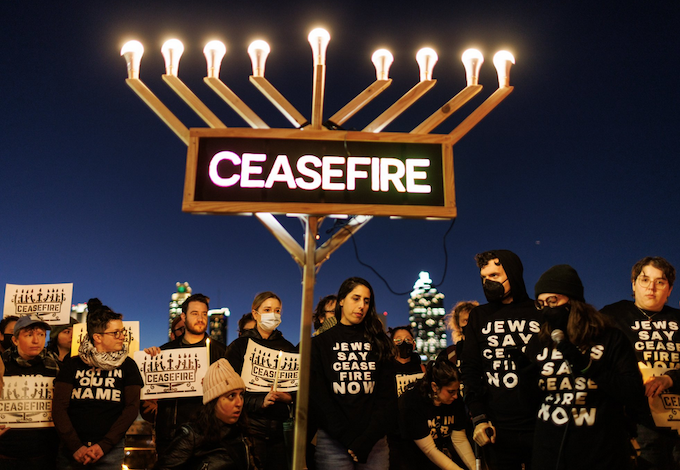
COMMENTARY: Jewish Voice for Peace
The UN Security Council passed a resolution demanding an immediate ceasefire in Gaza on Monday — and for the first time since the beginning of the Israeli military’s genocide of Palestinians, the United States abstained rather than vetoing it.
Security Council resolutions are legally binding, despite the Biden administration claiming that they are not.
But it is up to the Palestine solidarity movement to ensure the US government enforces it.
- READ MORE: US vows to press Israel on Gaza ceasefire with no let up in deadly strikes
- Other War on Gaza reports
The resolution demands an immediate ceasefire that leads to a “lasting” and “sustainable” ceasefire, demands the “immediate and unconditional release of all hostages,” and emphasises “expand[ing] the flow of humanitarian assistance.”
The resolution also contains several weaknesses, reflected in its intentionally vague, watered-down language, which obscures member states’ responsibilities to enforce the ceasefire.
Concerningly, the resolution only demands a ceasefire “for the month of Ramadan,” which ends in two weeks. US diplomats also lobbied for concessions until the last minute, leading to replacing the call for a“permanent ceasefire” with the much weaker “lasting ceasefire.”
The resolution demands the release of all hostages, but it fails to explicitly name the tens of thousands of Palestinians held illegally in Israeli detention and subject to systematic abuse, instead referring ambiguously to both parties complying with “their obligations under international law in relation to all persons they detain.”
Essential clause ‘buried’
And although the resolution does “reiterate its demand for the lifting of all barriers to provision of humanitarian aid at scale” — in a clear message to the Israeli government — this essential clause is buried at the end of a longer sentence that merely emphasises the need to expand the flow of humanitarian aid.
As JVP international advisor Phyllis Bennis puts it, “in UN diplo-speak… ‘emphasising’ something ain’t even close to ‘demanding’ that it happen.”
Nevertheless, the US’s decision to abstain on the vote has inflamed tensions with Israeli Prime Minister Benjamin Netanyahu, who immediately announced that he had cancelled a high-level Israeli delegation bound for Washington.
President Biden had explicitly requested the meeting to raise concerns about Israel’s potential ground invasion of Rafah, Gaza’s southernmost city where nearly 1.5 million Palestinians are currently sheltering.
Biden has insisted on a plan to evacuate civilians, however impossible that may be, and has called the planned ground invasion a “red line.”
That a ceasefire resolution was finally achieved is in large part due to the massive pressure being exerted by the Palestine solidarity movement. It is a reminder that pressure works, and that now is not the time to let up.
That it took this long, however, shows us how far we have to go.
US vetoed four times
The US vetoed four previous UNSC ceasefire resolutions while the Israeli military slaughtered tens of thousands of Palestinian men, women, and children, even after the World Court found South Africa’s claim that Israel was committing genocide to be “plausible.”
Gaza is now a shell of its former self, its entire landscape rendered unrecognisable by the Israeli military’s months-long genocidal onslaught.
Over 32,000 Palestinians have been killed. Full-blown famine is imminent, and half of Gaza’s entire population — 1.1 million people — are facing starvation.
Yet the Biden administration remains intent on continuing to arm the Israeli military.
Immediately following the passage of the resolution, US Ambassador Linda Thomas-Greenfield was already undermining it by claiming that UN Security Council resolutions are not legally binding.
This is patently false — and it tells us that the Biden administration is fully prepared to skirt any and all responsibility to enforce this resolution, which would necessitate cutting off the flow of US weapons to the Israeli military.
$3.8 billion for Israeli military
Last week, Biden signed off on a spending bill that would provide $3.8 billion in funding to the Israeli military.
The bill will also ban funding to the United Nations Relief and Works Agency for Palestinian Refugees (UNRWA) through March 2025.
Meanwhile, the US military continues to conduct aid airdrops in Gaza — a public relations manoeuvre intended to diffuse pressure on the US government.
These aid drops will not prevent a famine, and they do not absolve the United States government of its complicity in this genocide. They are also dangerous, expensive, and inefficient.
Republished from JVP






